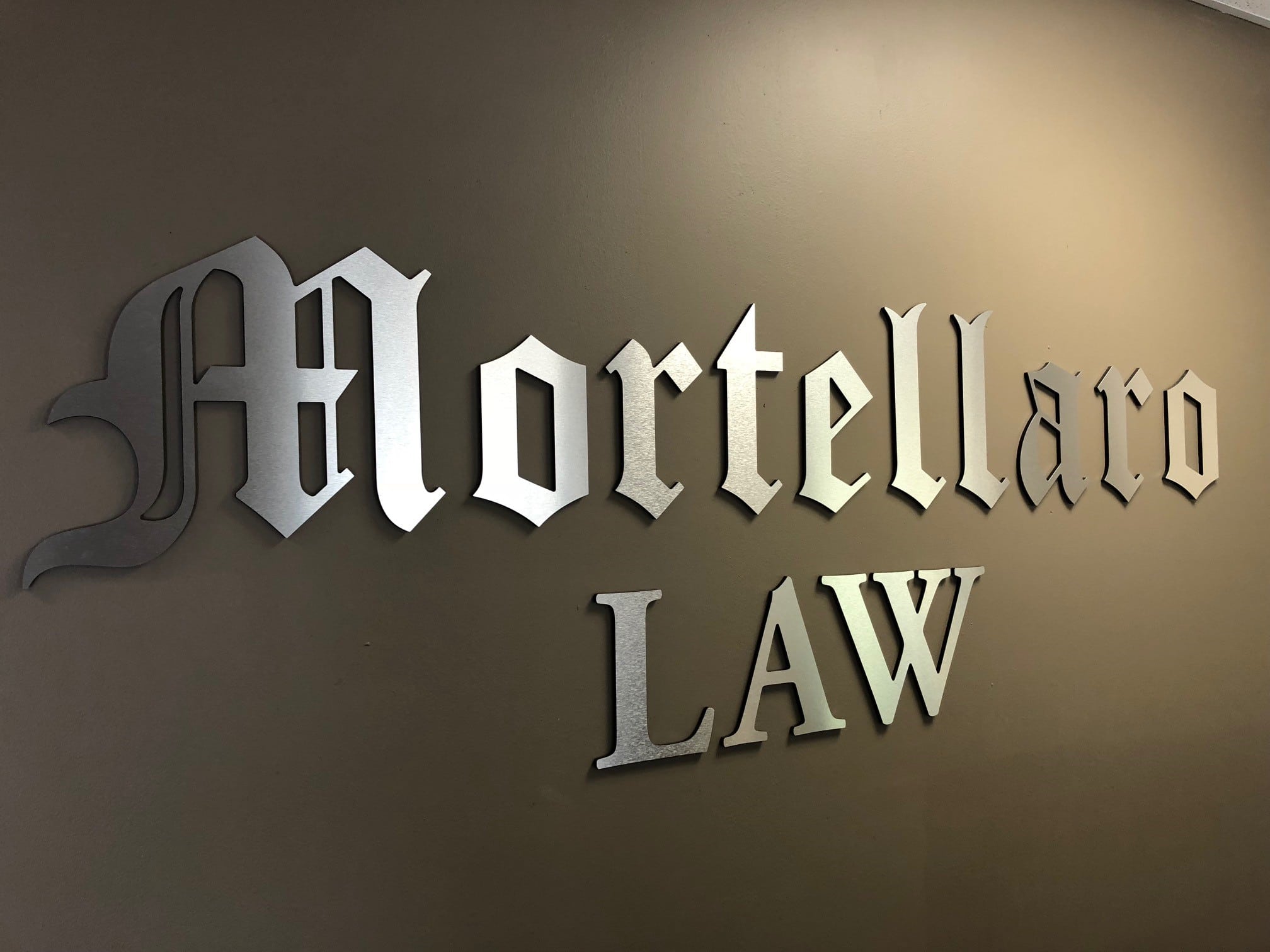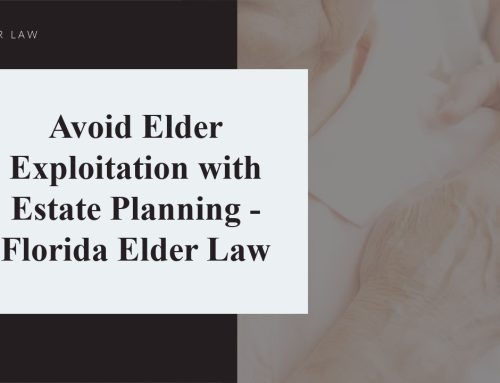Tampa Elder Law Lawyer | When someone dies in the state of Florida, there are two common types of probate: a summary administration and a formal administration. The summary administration generally is considered the more simplified process to go through, as it is less costly and takes less time.
When is a summary administration appropriate?
In Florida, the person’s estate is eligible for summary administration if:
- The value of the probatable property is not more than $75,000. It is important to note that a homestead property in Florida does not count toward this limit. So if your widowed mother has $60,000 in her investment portfolio and her house is valued at $200,000, her estate would still be eligible for a summary administration.
- If the person has been deceased for more than two years, and no other probate administration has been filed, then the estate is eligible for summary administration, no matter the value of the assets.
How much does it cost? Who is in charge?
The cost is determined on a county by county basis in Florida. But generally speaking, the filing fee with the court is less than $1,000 for a summary administration. Because the value of formal administrations generally are higher, and a personal representative is named to oversee the process, the costs run considerably higher.
In a summary administration, a beneficiary listed in the deceased person’s last will and testament can file the summary administration, and the probate court oversees it. In a formal administration, a personal representative, usually named in the will, is appointed by the probate court to collect the information and file everything with the court. A Tampa elder law lawyer can help you through this process.
How long does it take?
The procedure starts with filing the last will and testament and a petition for the summary administration in the probate court of the county in which the person died. The person filing the petition is usually a spouse or beneficiary listed in the will.
A list of the assets and their value is given to the court, as well as any beneficiary listed for each item. The petitioner is asked to make a good-faith effort to seek out all creditors or outstanding debts. One way is to publish a notice of the person’s estate in a public newspaper. Creditors then have 90 days from publication to make a claim against the estate. If no publication is made, creditors have two years to come forward with a legitimate claim.
At the same time, all the beneficiaries are notified there is an estate. Once the petition is reviewed and verified, and claimants paid, the court issues an Order of Summary Administration, and the assets are disbursed to the beneficiaries.
The whole process could take just weeks, but more likely it will take a couple of months.
In a formal administration, this process ranges from months to years.
If you have any questions about probate and the process, contact us for a free one-hour consultation.






